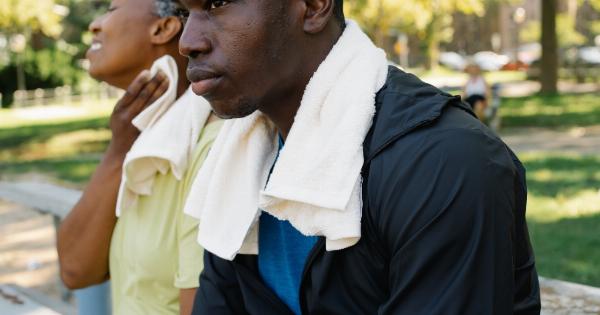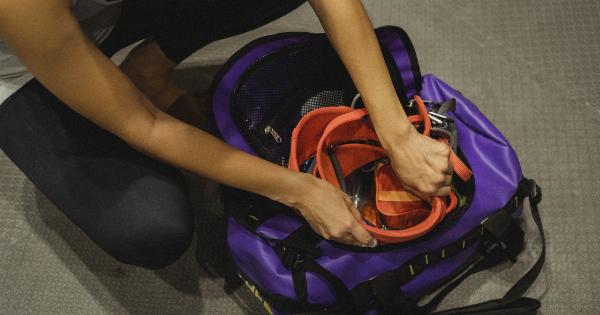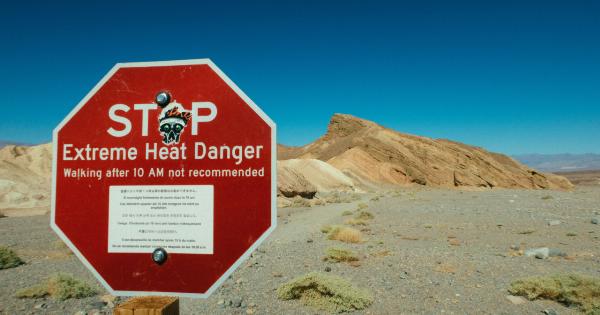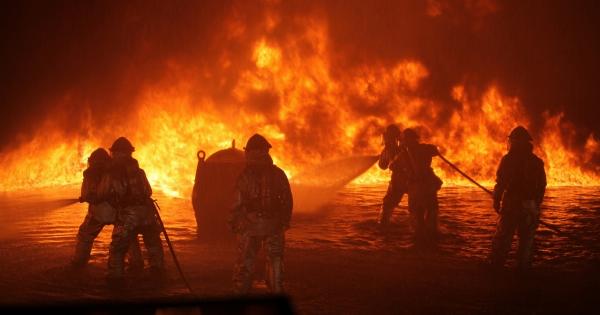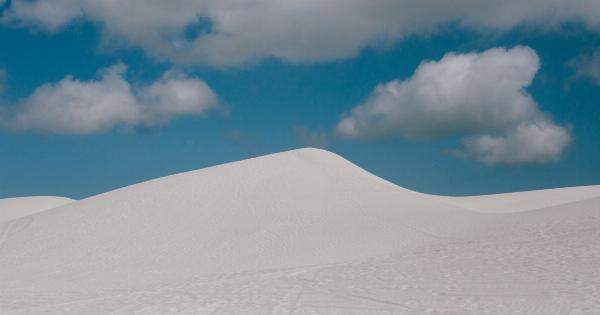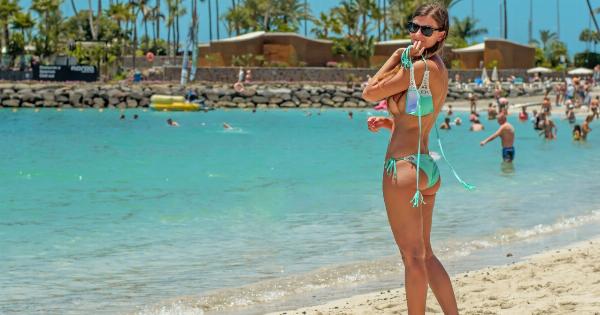With the onset of summer, high temperatures and humidity can cause heat exhaustion and even heat stroke in some cases. Heat stroke is a medical emergency where the body’s core temperature goes above 104 degrees Fahrenheit.
It is a life-threatening condition that requires immediate medical attention. Children, elderly people, and those with certain medical conditions are at a higher risk of developing heatstroke. Staying properly hydrated is one of the most important things you can do to prevent heatstroke.
In this article, we’ll go over everything you need to know about staying hydrated to avoid heatstroke.
What is Heatstroke?
Heatstroke is a condition that occurs when the body is unable to regulate its temperature. The body’s temperature rises rapidly, and it is unable to cool down.
This can be caused by exposure to high temperatures and humidity or overexertion in hot weather. Some of the symptoms of heatstroke include:.
- High body temperature (above 104 degrees Fahrenheit)
- Profuse sweating
- Confusion and disorientation
- Nausea and vomiting
- Headache and dizziness
- Rapid heartbeat and breathing
- Seizures
- Loss of consciousness
Heatstroke is a medical emergency and requires immediate attention. If you or someone you know is experiencing any of the symptoms above, seek medical help immediately.
Why is Hydration Important in Preventing Heatstroke?
The human body is made up of about 60% water. Water is essential for many bodily functions, including regulating body temperature. When we are exposed to high temperatures, our bodies release sweat to help cool us down.
Sweat is mostly water, and when we sweat, we lose water from our bodies. If we don’t replace the water we lose through sweating, we can become dehydrated, and our bodies can’t cool down effectively. When our bodies can’t cool down, our core temperature rises, which can lead to heat stroke.
How Much Water Should You Drink Each Day?
The amount of water you need to drink each day depends on several factors, including your age, gender, weight, and activity level.
In general, it is recommended that men drink about 3.7 liters (125 ounces) of water per day, and women drink about 2.7 liters (91 ounces) of water per day. These amounts can vary based on your activity level and other factors. It is always a good idea to talk to your healthcare provider about how much water you should be drinking each day to stay properly hydrated.
What are the Signs of Dehydration?
Dehydration occurs when you lose more water than you take in. It can be caused by many things, including sweating, urination, diarrhea, and vomiting. Some of the signs of dehydration include:.
- Thirst
- Darker than normal urine
- Dry mouth and throat
- Tiredness or fatigue
- Dry skin
- Headache
- Dizziness
- Irritability or confusion
If you are experiencing any of these symptoms, it is important to drink water or other fluids to rehydrate your body. If left untreated, dehydration can cause more serious health problems, including heat exhaustion and heatstroke.
How Can You Stay Hydrated?
Staying properly hydrated is one of the most important things you can do to prevent heatstroke. Here are some tips to help you stay hydrated:.
- Drink plenty of water: Water is the best way to stay hydrated. Keep a water bottle with you at all times and drink from it frequently throughout the day.
- Avoid sugary and alcoholic drinks: Sugary and alcoholic drinks can cause dehydration, so it is best to avoid them in hot weather.
- Eat foods with high water content: Fruits and vegetables, such as watermelon, cucumbers, and strawberries, are high in water content and can help keep you hydrated.
- Avoid caffeine: Caffeine is a diuretic and can cause you to lose more water through urination.
- Drink water before and after exercise: When you exercise, you lose water through sweating. Drink water before and after exercise to help replace the water you lose.
- Monitor your urine: If your urine is light yellow or clear, you are properly hydrated. If it is darker than that, you may need to drink more water.
Conclusion
Heatstroke is a serious medical condition that can be prevented by staying properly hydrated. Drinking plenty of water and eating foods with high water content can help keep your body hydrated and prevent heatstroke.
If you or someone you know is experiencing any of the symptoms of heatstroke, seek medical help immediately. Stay safe and stay hydrated!.



